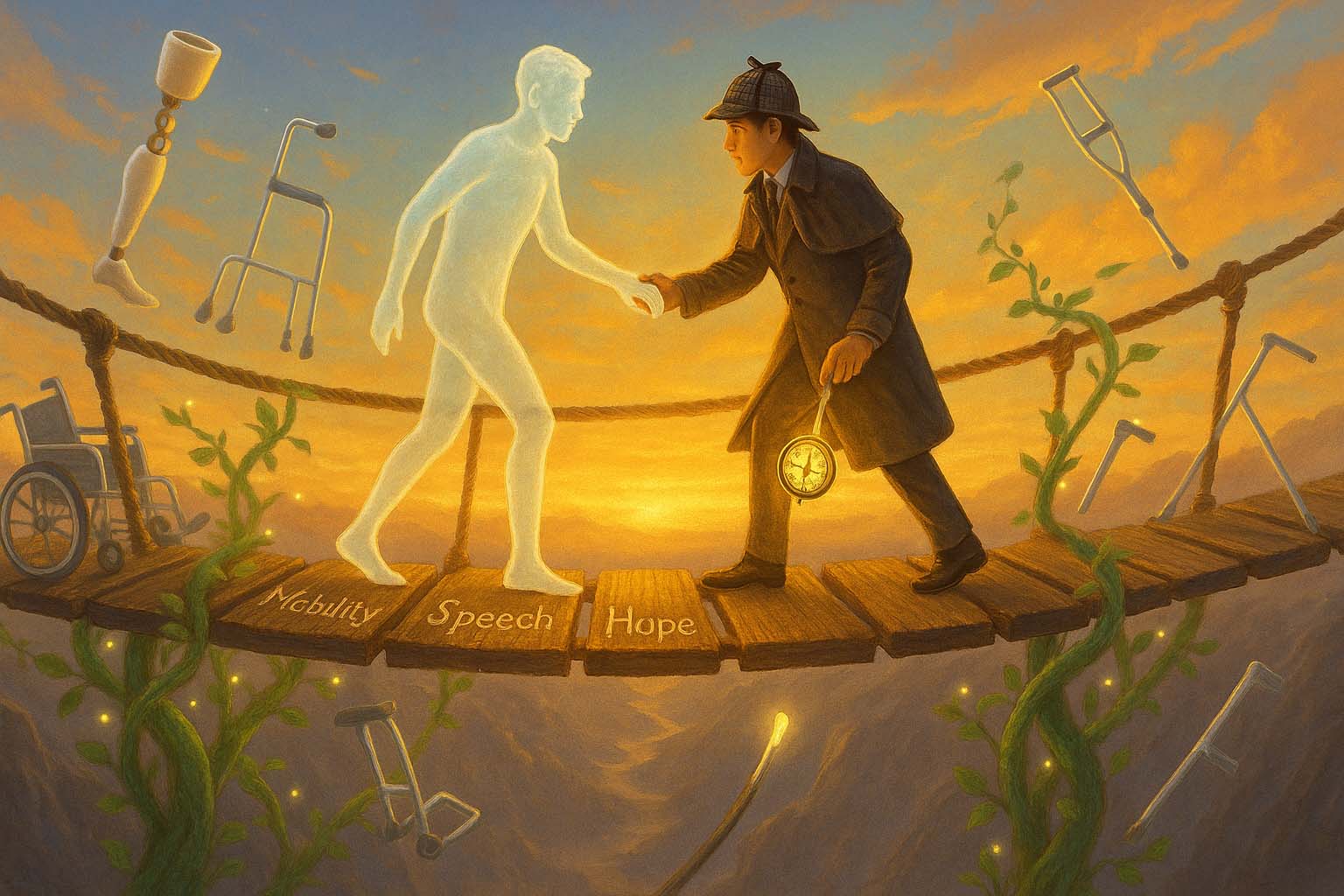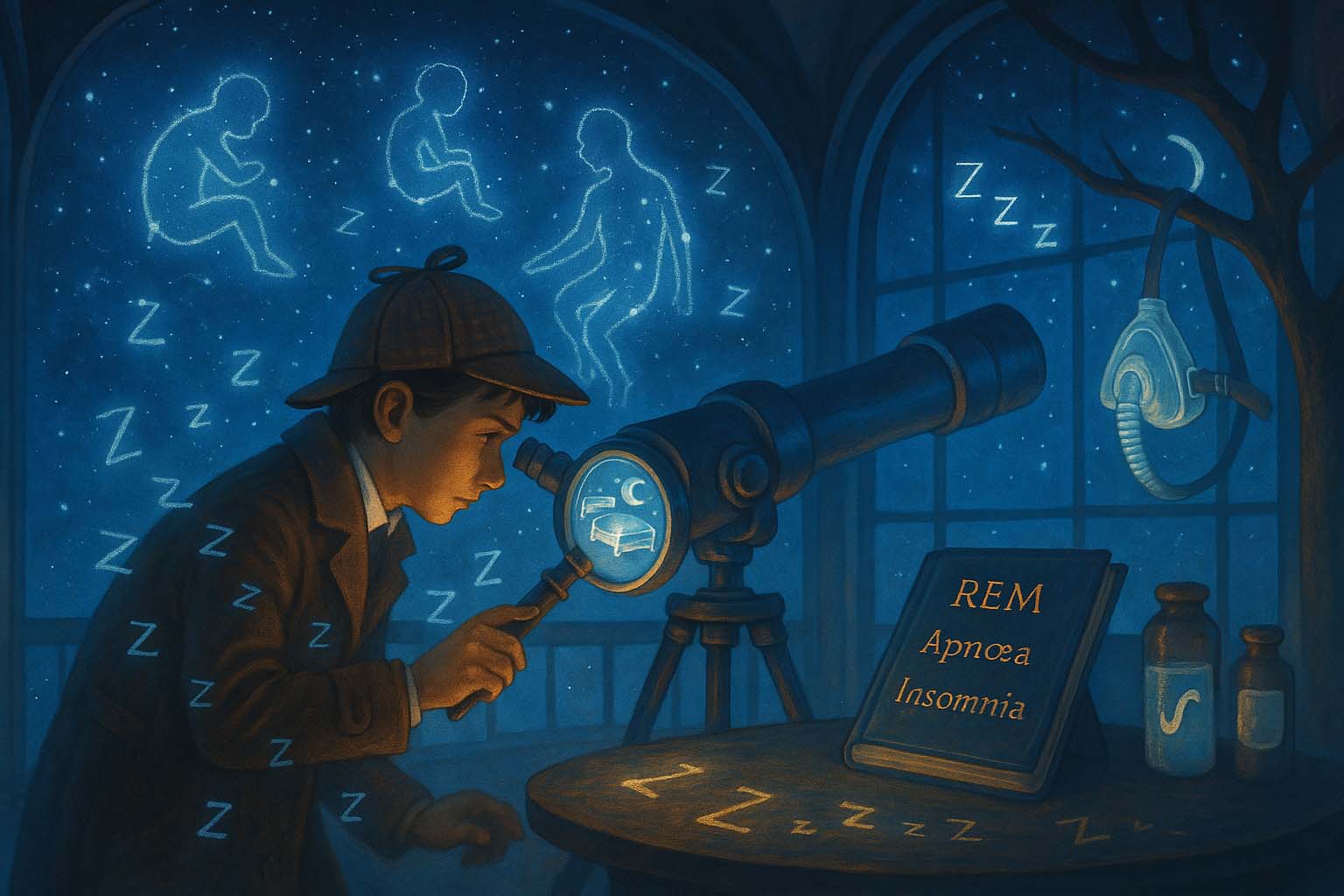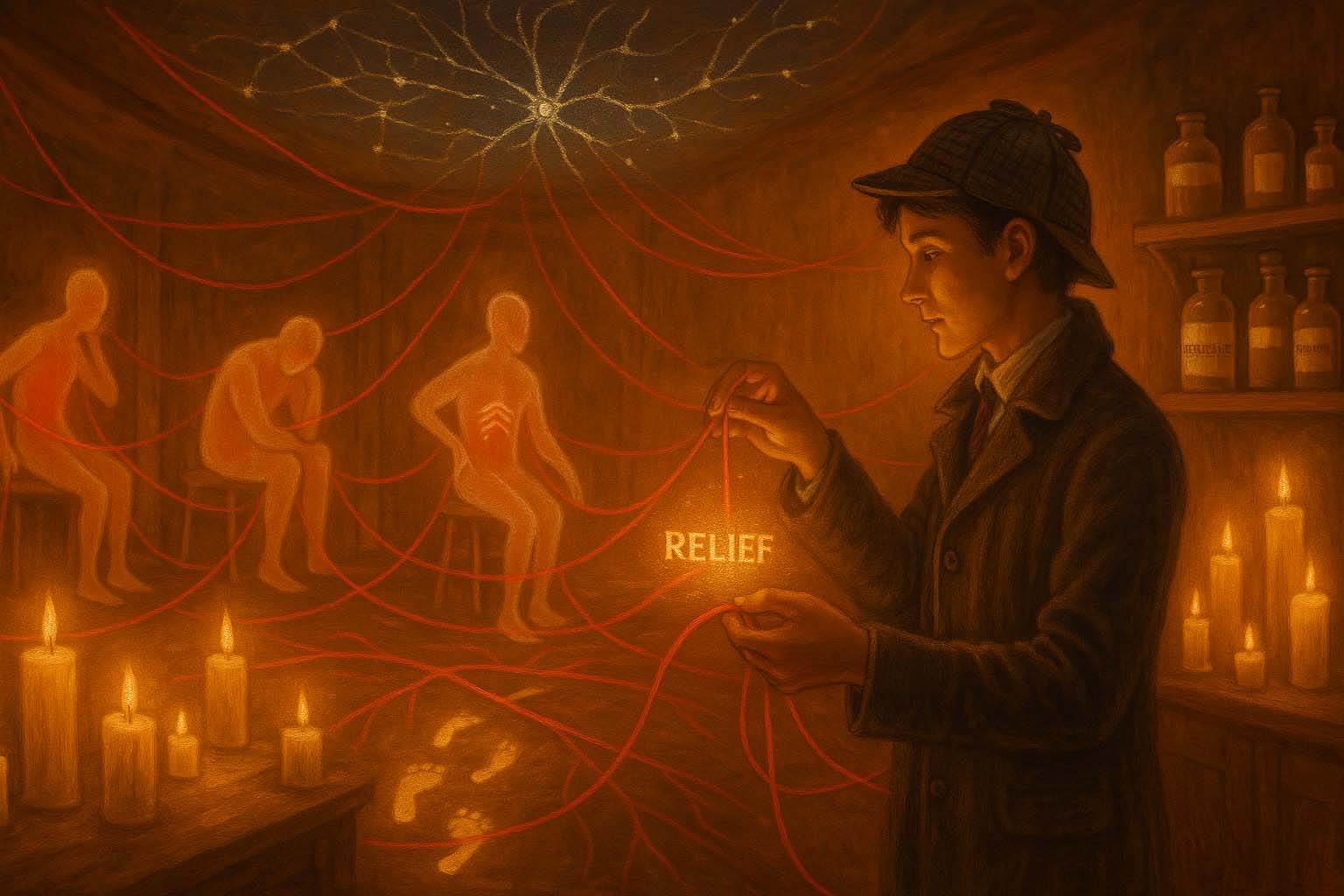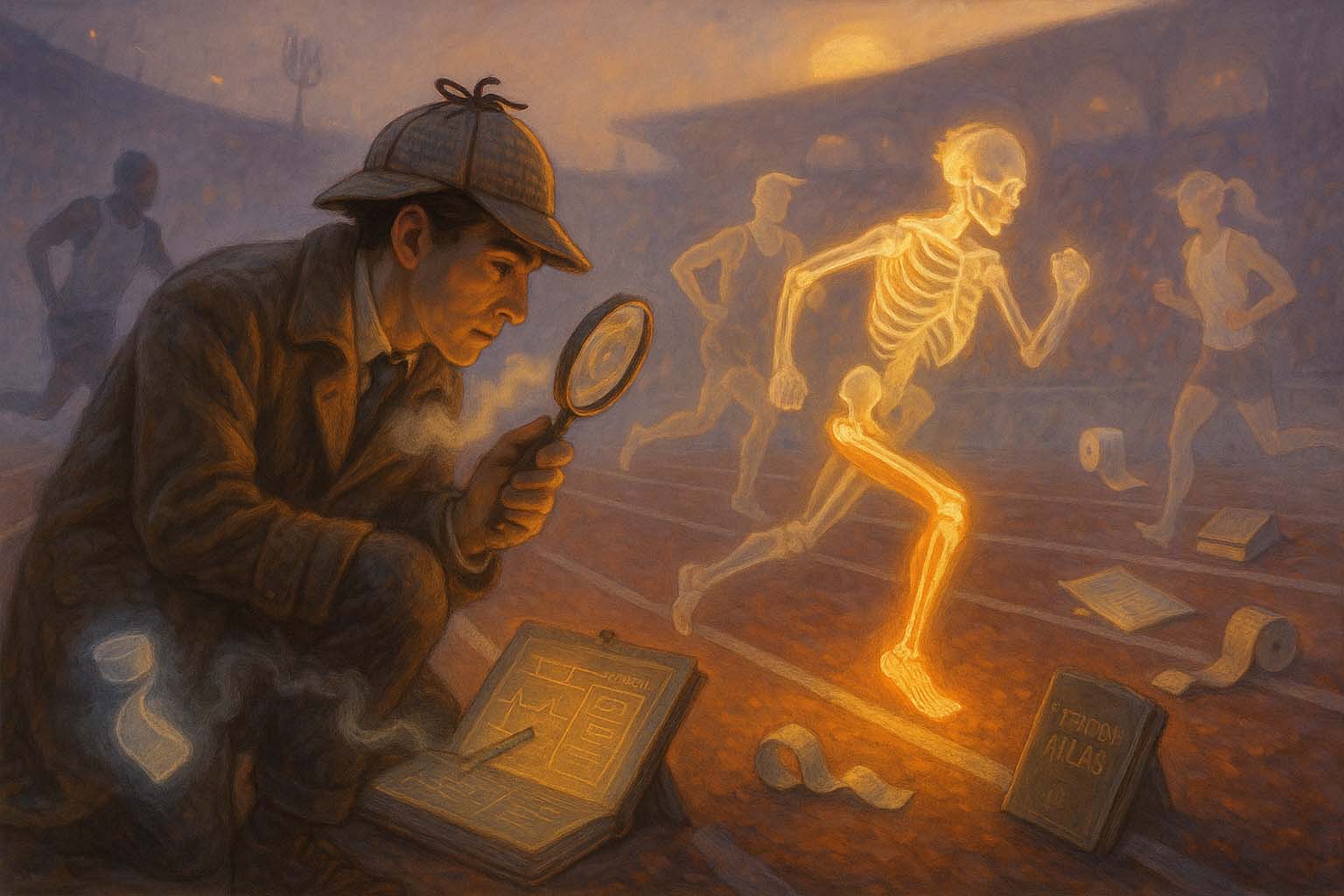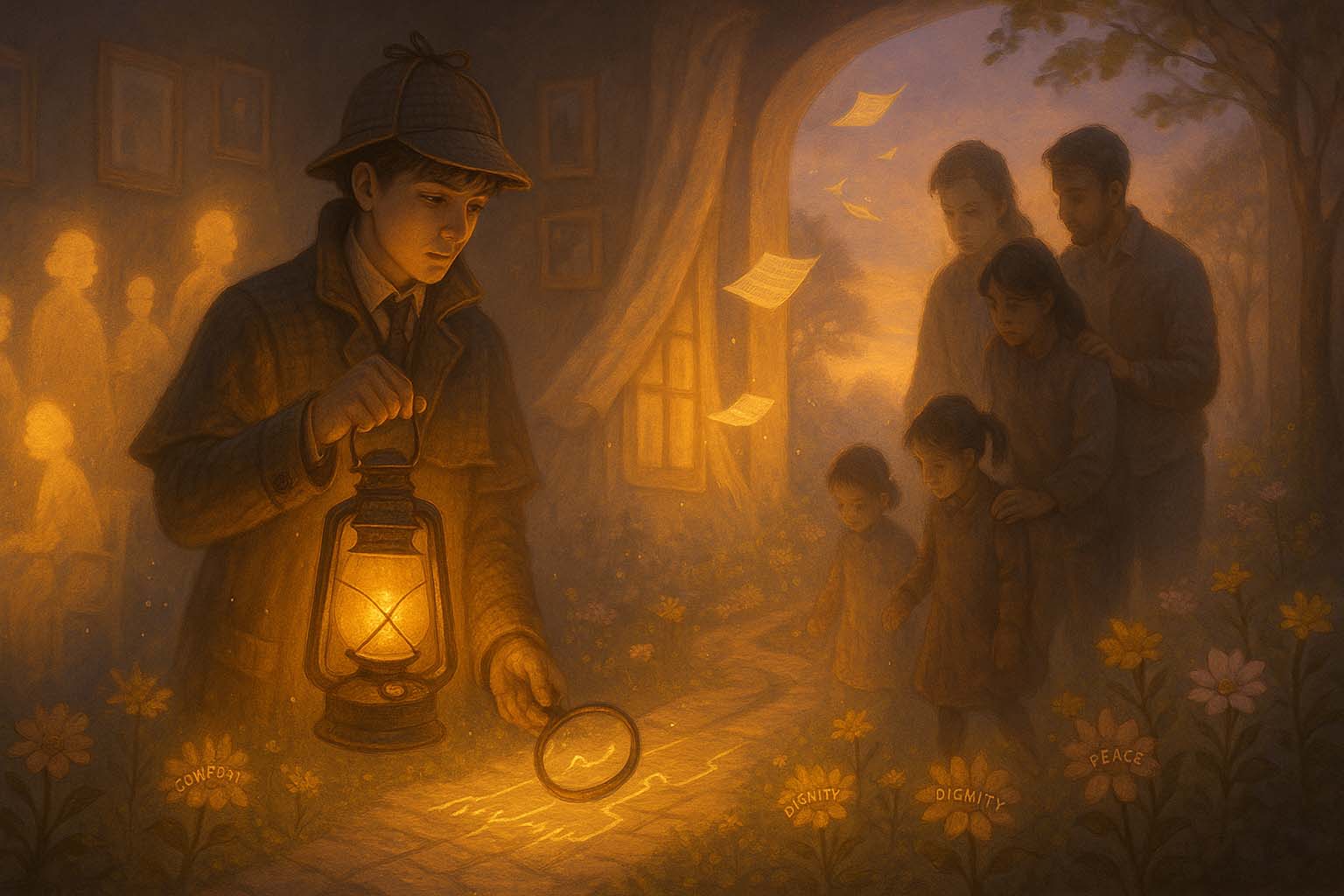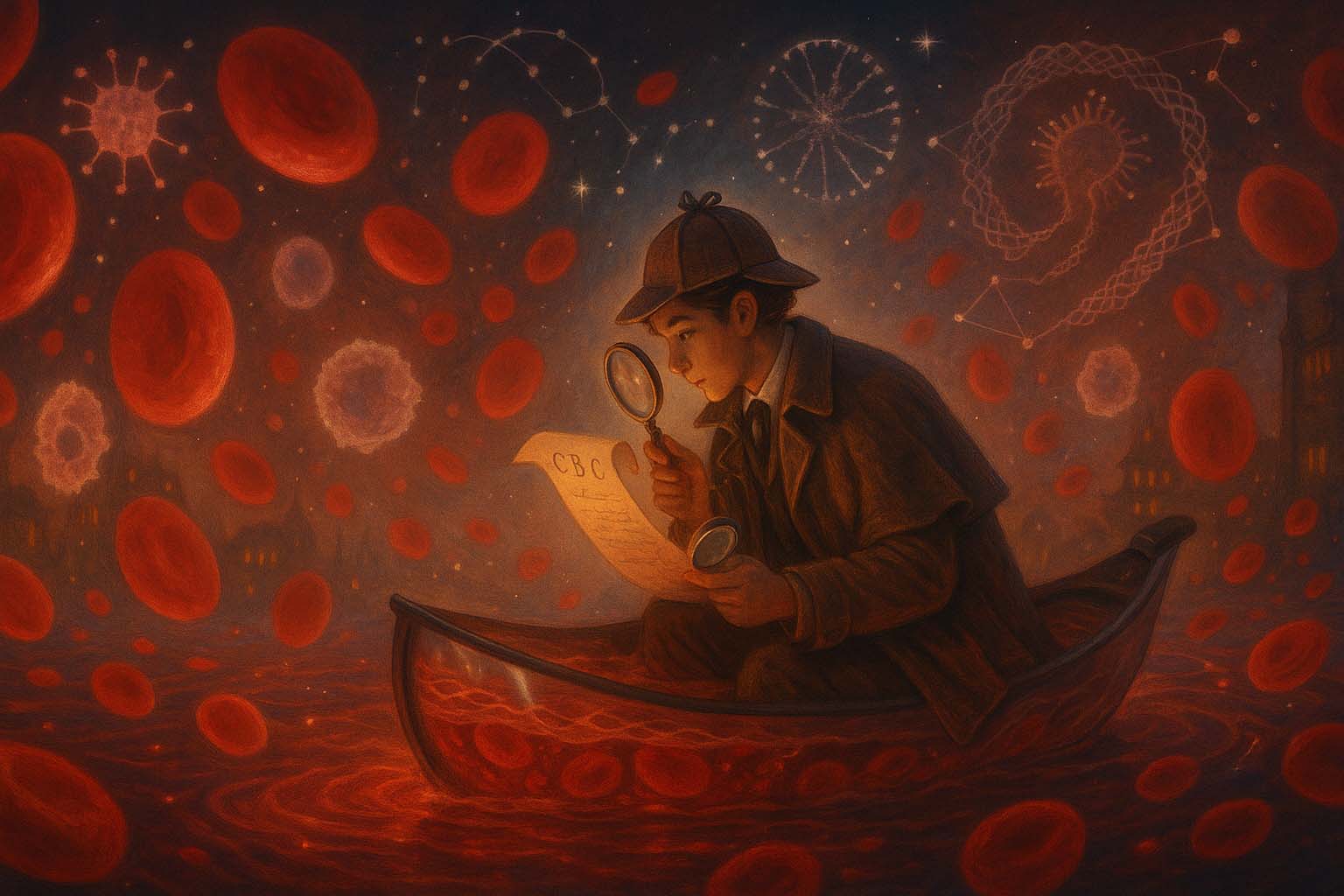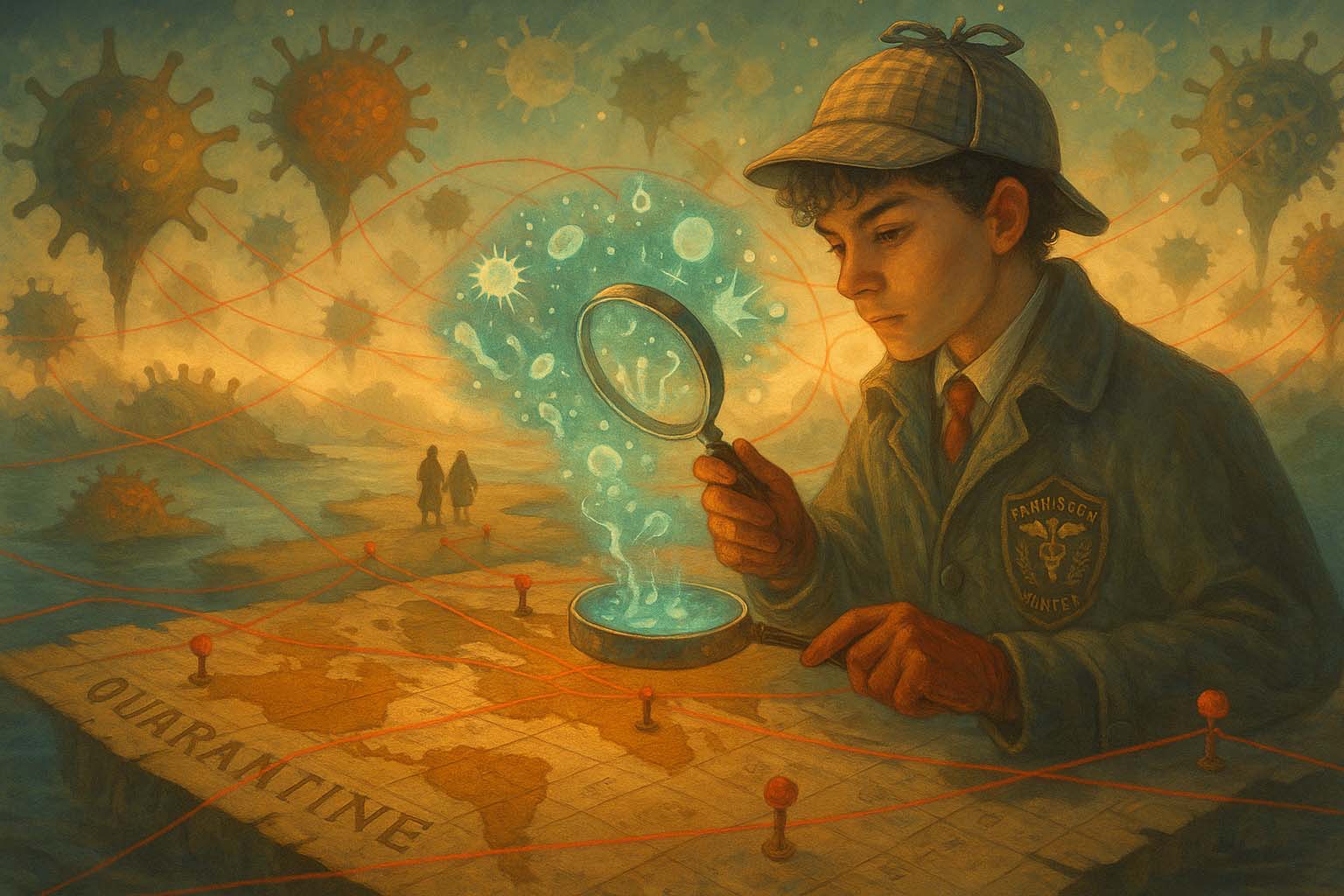Step into the shoes of a Rehabilitation Medicine sleuth.
This is the specialty of “what now?”—when the acute crisis has passed but the patient’s life has been turned upside down. Rehab physicians (also known as physiatrists) investigate loss of function after stroke, spinal injury, amputation, or chronic disease. They guide recovery not by curing disease, but by restoring possibility. Welcome to a world where healing is measured in milestones, and where the smallest gain—standing, speaking, smiling—can change a life.
Step into the shoes of a Sleep Medicine sleuth.
This is the quietest corner of clinical care—where symptoms speak through yawns, snores, and forgotten dreams. Sleep physicians decode fatigue, insomnia, and disrupted rhythms by listening to what happens after the lights go out. They investigate the body’s nightly cycle of repair, memory, and regulation. Welcome to a world where a heartbeat can pause without waking you, and a life can be changed by understanding a night of sleep.
Step into the shoes of a Pain Medicine sleuth.
This is the realm where medicine meets meaning—where pain persists long after healing, and the diagnosis lies not in a scan but in a story. Pain physicians are detectives of distress, decoding physical signals, psychological shadows, and neurological misfires. They walk with patients through suffering others can’t see, offering science, validation, and hope. Welcome to a world where every twinge has a tale, and where your mission is not to erase pain, but to untangle it.
Step into the shoes of a Sports Medicine sleuth.
This is the fast-paced realm of movement and mechanics—where pain isn’t just pathology, but interruption to purpose. Sports Medicine detectives track injuries that happen in seconds and overuse syndromes that build over seasons. They decode tendon twinges, ligament laxity, stress fractures, and fatigue with a focus on recovery, not just diagnosis. Welcome to a world where every limp tells a story, and the goal is not only to heal—but to return stronger.
Step into the shoes of a Palliative Medicine sleuth.
This is the terrain beyond cure, where the goal shifts from fixing to honouring. Palliative Medicine detectives attend to pain that’s more than physical, questions that can’t be answered in scans, and stories nearing their final chapters. Their work is less about decoding disease, and more about listening deeply for what matters now. Welcome to a world where every sigh, silence, and symptom is a clue to the needs of the whole person—and their family.
Step into the shoes of a Psychiatry sleuth.
This is the theatre of the unseen—where thoughts wander, moods shift, and behaviour tells a deeper story. Psychiatric detectives don’t follow physical trails but emotional ones. They listen to language, patterns, absences, and contradictions, seeking meaning in what’s said—and what’s not. Welcome to a world where a whisper may be a warning, a delusion may contain truth, and healing often begins with being heard.
Step into the shoes of an Immunology sleuth.
This is the arena of the invisible army—the immune system, vigilant and complex, capable of protection, confusion, or betrayal. Immunologists investigate when the body’s defence system falters: attacking invaders too weakly, or turning its fire on itself. These detectives work in the space between microbiology and mystery—tracking patterns of swelling, rashes, infections, and systemic malfunction. Welcome to a world where a recurring infection may signal a deeper flaw, and where immune misfires are both subtle and spectacular.
Step into the shoes of an Oncology sleuth.
This is the frontline of one of medicine’s greatest battles—where the clues are hidden in masses, mutations, and metastases. Oncologists investigate rogue cells that break the rules, multiplying beyond control and crossing boundaries. They listen to symptoms that whisper malignancy and track tumours like fugitives—mapping their origin, pathway, and plan of attack. Welcome to a world where science meets suffering, and every decision must weigh evidence, empathy, and time.
Step into the shoes of an Infectious Diseases (ID) sleuth.
This is medicine’s version of international espionage—tracking invisible agents, deciphering patterns of spread, and tracing exposure routes before they disappear. Infectious Diseases detectives work at the crossroads of microbiology and global health, decoding puzzles that travel through water, wounds, air, insects, and intimacy. Welcome to a world where a fever might be from a jungle trek or a hospital bed, and where one patient’s cough could be the first clue to a wider epidemic.
Step into the shoes of an Infectious Diseases (ID) sleuth.
This is medicine’s version of international espionage—tracking invisible agents, deciphering patterns of spread, and tracing exposure routes before they disappear. Infectious Diseases detectives work at the crossroads of microbiology and global health, decoding puzzles that travel through water, wounds, air, insects, and intimacy. Welcome to a world where a fever might be from a jungle trek or a hospital bed, and where one patient’s cough could be the first clue to a wider epidemic.

